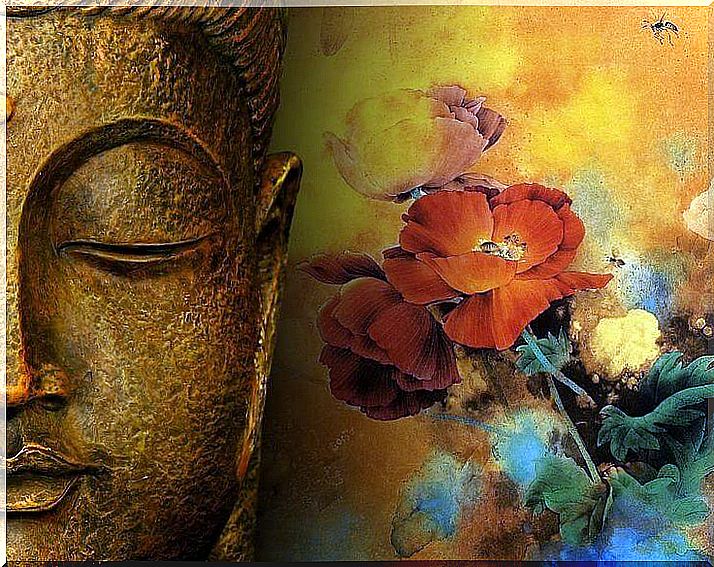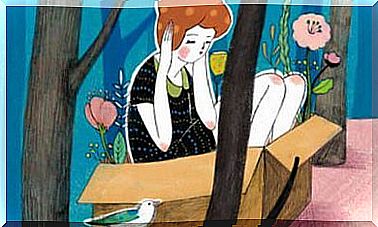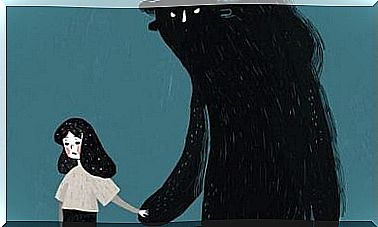Sawubona, The Beautiful Greeting Of An African Tribe
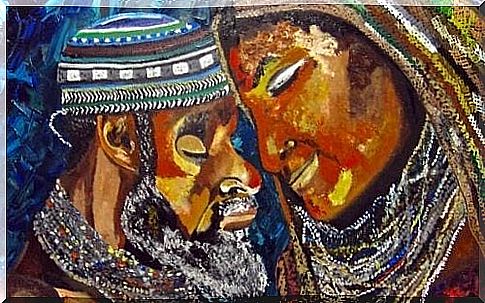
Among the tribes of Natal, South Africa, the most common greeting is Sawubona. Literally it means “I see you, you are important to me and I esteem you very much”. It is a way of putting the other forward. To accept it as it is, with its qualities, its nuances and even its faults. In response to this greeting, people usually say “shikoba”, so I exist for you.
Natal was one of the original four provinces of South Africa. One found there the bantustan of Kwazulu or land of the Zulus. Much of what we know about this region and its people dates back to the famous war with Britain that took place at the end of the 19th century. However, story books often camouflage, relegate or omit this heritage of African peoples. An extremely interesting cultural, human and philosophical heritage rooted in these regions.
As curious as it sounds, the term sawubona gained transcendence in the ’90s. All thanks to a book of engineering and smart organizations. In “ The Fifth Discipline in Practice,” Peter Sengue, a professor at Stanford University, spoke about the Zulus. He emphasized their wonderful way of interacting and dealing with issues between them. It was no coincidence that these peoples have become one of the most powerful civilizations on the African continent.
Sawubona symbolized the importance of directing your own attention to another person. It meant understanding his reality without prejudice, free from resentment. Be aware of the needs of others to put the individual forward in the group. Integrate the latter as a piece of high value in the community …
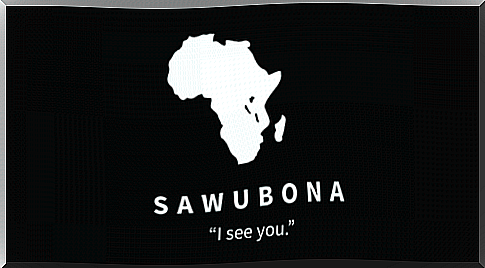
Sawubona: I see you in all your reality
Perhaps the most common greeting in our Western culture is “hello, how are you?”. We mostly express these three words automatically and without waiting for a response. It is a gateway to a conversation. It is a brief and adjusted greeting which allows to be seen well but to be done quickly. We rarely look each other in the eye when we do this. Because life pushes us, pushes us and projects us more towards our own needs. It does not direct us to peer into other eyes to guess real needs.
The Zulu people promote the need to see the other in a conscious and calm manner. He was looking for that moment that allowed him to maintain quiet eye contact. A contact full of feelings and listening. Who let embrace the soul of the other, even if it was full of dark corners. Or even if it harbored injuries and acts that demanded some kind of reparation from the community.
Sawubona is that word that allows us to transmit our confidence to others. To make him understand that our attention is focused on him. To send him our genuine desire to understand him. To see its needs, its desires, its fears, its sadnesses, its beauties and its qualities. Because… Who wouldn’t like to be seen that way? Few things are as rewarding as showing off the other. To offer it space, a presence, an importance in our heart, in the group, the home, the community or the organization.

Some see a certain resemblance between the term sawubona and the namaste of the Hindu language. More than greetings, they are curtsies. Even a way to enlighten the other person by communicating with his soul, by exchanging wills and reciprocities. There is immense beauty in these gestures so foreign to our world. Like a healing and cathartic presence that can serve as an inspiration to us in our daily life.
Let’s see this in more detail.
“Shikoba”, I feel relieved to know that I exist for you
When a person of the Zulu community committed an inappropriate act, a mistake or an offense, his presence was requested in the center of the village. His neighbors, friends and family formed a circle. The person in question had to stand in the middle. After that, people addressed her with the sawubona greeting, with the famous reverence. Then they reminded him of his good deeds, his qualities, his past successes and all his virtues.
For the people of Natal and the Zulu community, just like for Rousseau, no man is born bad. Sometimes crises and imbalances just pull us away from this center of natural goodness. The purpose of these meetings was to remind the person of the way back to nobility. People were to show him how important his presence was to the rest of the community. The objective was to put it forward so that it resumes the path of good, harmony and joy.
So whenever a member of the community addressed her with the word sawubona, the person had to respond “shikoba”. This expression produced relief and happiness. Whoever at first might have felt estranged from the group because of his actions now had the opportunity to join him again. It was granted space, proximity, importance. It was time to start all over again.
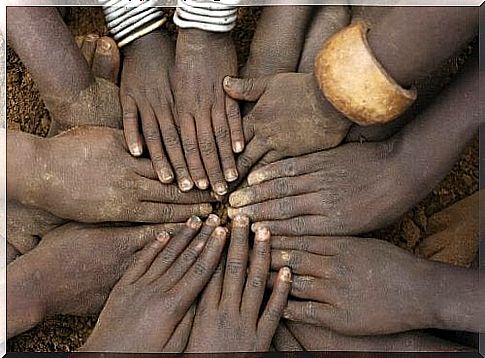
The Zulus maintain the idea that human beings only exist if others see and accept them. It is the community that makes the person. Therefore, nothing can be more satisfying than being forgiven after a mistake. To abandon this solitary space that one occupies after an error to return to one’s community. To enter into communion with the group by feeling loved and accepted.
So let’s learn from this African tribe. Let’s learn to “see”, to pay attention to others as stated in the sawubona greeting: I see you, I accept you as you are. Let us be able to perceive needs. To forgive mistakes. To promote cohesion between people.
